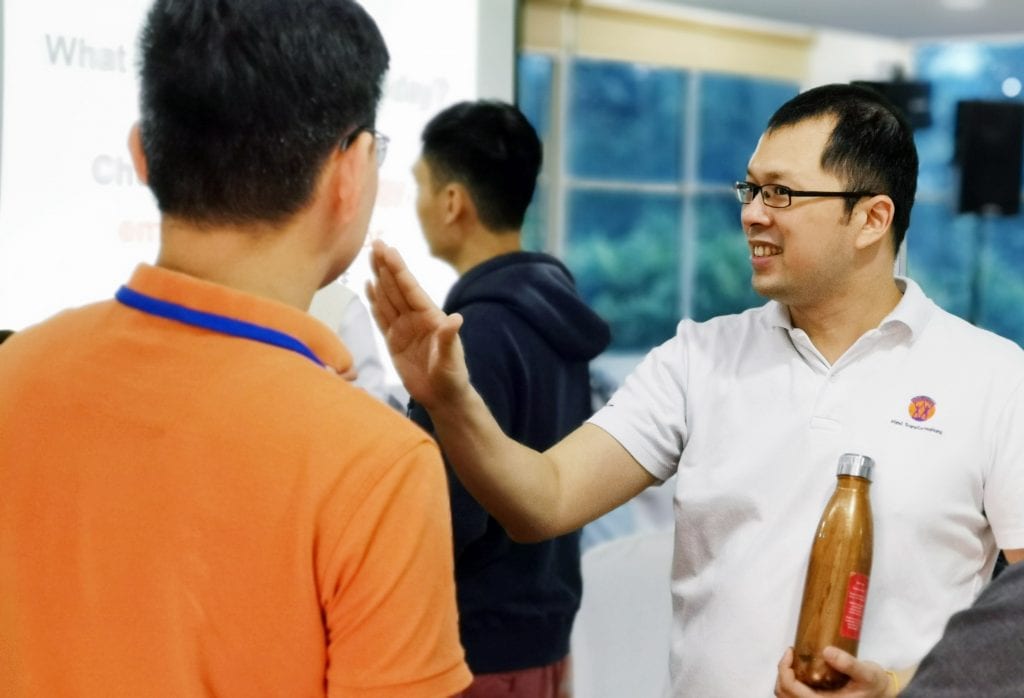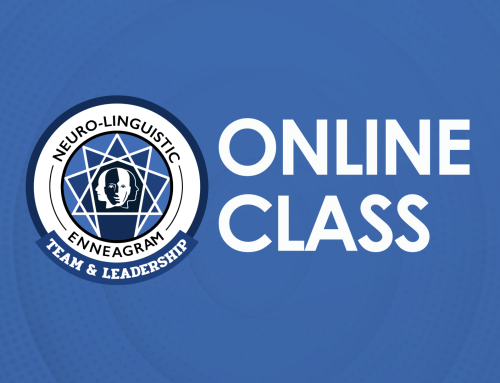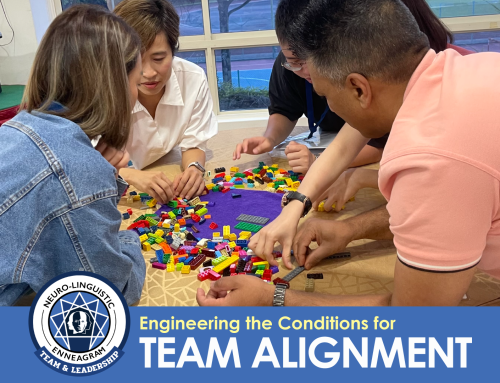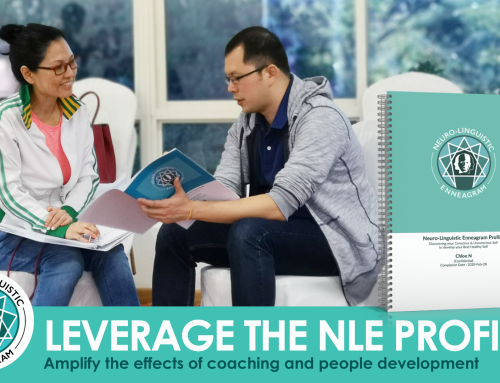One of the biggest upsets in the history of culinary competitions happened in Masterchef Australia 2017. In a cookout challenge, Eloise Prano – a participant, beat Charlie Carrington, a renowned chef in Melbourne.
When Eloise started the Masterchef journey, she was an amateur. But weeks of contesting in the demanding Masterchef kitchen got her to level up so quickly that the judges found her on par with a professional.
This was a very inspiring story to us: with the right training and environment, an amateur can become a professional quite fast.
The question now was: how could we accelerate the development of life and executive coaches in training? We want them to attain a high level of coaching mastery in one to two years—in a way that no one would be able to tell them apart from a coach with five years of experience. Tall order; and thankfully, our answer came from a book.
The Talent Code, by Daniel Coyle provided the science of how to accelerate coaches’ development.
Coyle studied world class athletes, musicians, pilot trainings and how Korean golfers shot up from nowhere and dominated the Ladies Professional Golf Association tournament. From these people who are very good with their craft, he learned about deep practice, which accelerates skill acquisition. Skills are sliced into small chunks and rehearsed frequently under substantial difficulty. When we continuously struggle – on purpose, and self-correct mistakes, we get more depth and finesse in the skill.
We kneaded this science of skills mastery into our Coaching Micro Skills Practicum.
Besides getting coaches to do hours-long coaching sessions, they are to practise ONE specific micro skill with a high level of intensity and repetition. For example, if the coach is working on Meta Model questioning skills, they would be listening out for cue words that reveal people’s unconscious biases, and then attempt to ask clarifying questions that help people see their blind spots. To take it up a nodge, they need to practice their micro skills with people they’ve just met. This forces them to work for precision while maintaining rapport with the person.
Coaches learn to embrace purposeful struggles—much like driving on a crowded highway when they’ve just got their license.
There are many people who possess a driving license but dare not get on the road because they don’t have the competence and confidence. Similarly, in coaching, waiting for the dust to settle, waiting for an “easy client”, waiting for the right formula to coach—these are the surest ways to slow growth or no growth. Competence and confidence come from practising in a difficult environment, correcting mistakes and struggling purposefully, so that we fine-tune the skills.
The Coaching Micro Skills Practicum gets coaches to work with real people with real issues. It is impossible to be sure of everything before getting down to coaching, but we learn to trust ourselves and experiment. There is a Coaches Fellowship that provides quality supervision and cross pollinates learning. We get coaches to “drive on crowded highways”, but they are accompanied by instructor(s) who help them correct their mistakes.
Our certification requirement is for coaches to do six days of Practicum, but on average, coaches go for ten and more days.
There are just so many micro skills that a coach can hone. One important milestone is to apply Multi-Intelligence-NLP in coaching. Talking and asking brilliant questions (IQ) is only one dimension of transformative coaching. Often, people can articulate the solutions they want but have problems with implementation. Coaches learn to help people with emotional alignment (EQ) and tapping into their body intelligence (PQ). Sustainable change happens when the mind, emotions and body are in alignment and synergy.
Here are examples of Coaching Micro Skills that coaches practise in the Practicum:
- Meta Model questioning to reverse unconscious blind spots
- Improving the speed of trust and rapport building
- Conversational profiling
- Observing subtle body language and detecting incongruence
- Reframing limiting beliefs
- Emotion coaching
- Resourcing to surface unconscious resources people have
- State orchestration with somatic body intelligence
- Scoping outcomes with which the mind, heart and body agree
- Balancing task-information-relationship
and many more!
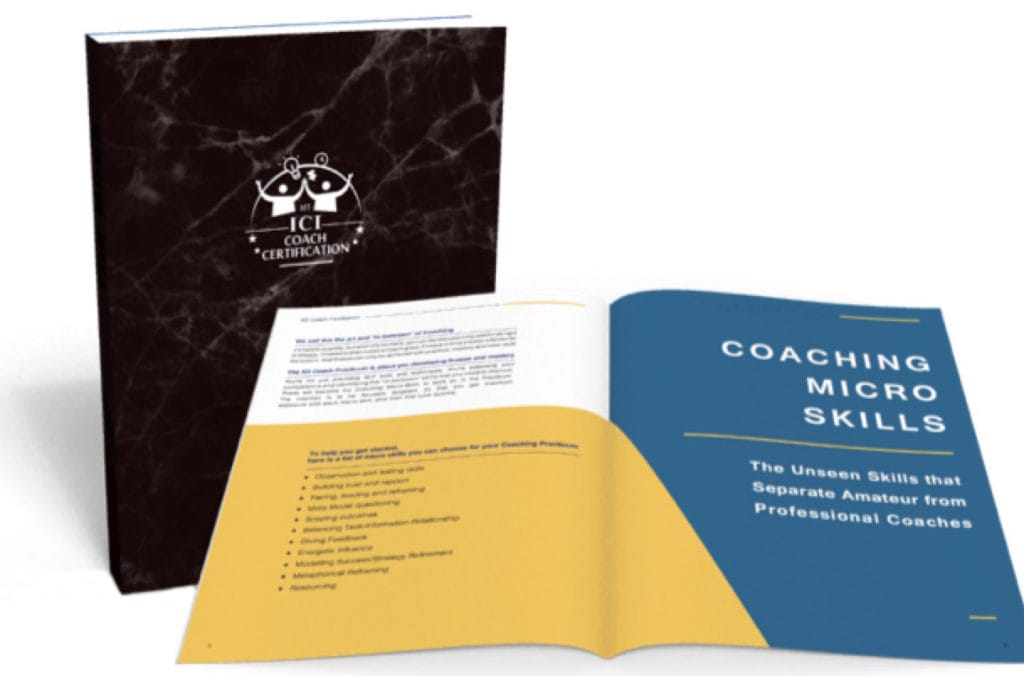
Write to us if you want to get a peek at the Coaching Micro Skills Workbook.
A critical part of micro skills practise is articulating what we did well and how we can improve.
If we get good results once, it can be a coincidence. But if we are clear about how to replicate this good result, luck becomes unnecessary. NLP coaching emphasises on being conscious of our unconscious competence—so that a good performance can be crystallised into a thought process, micro decisions, emotional states and key actions.
On some days, we design Coaching Challenges for the coaches.
They may be tasked to get buy-in from people they’ve just met for accepting them as their coach; or they are asked to help someone transform limiting beliefs. They are asked to use all the micro skills they have practised to fulfill these challenges. This creates yet another opportunity for coaches to know how people actually receive their coaching, how much depth and finesse they have in their skills.
We absolutely believe that one does not become a good coach just by acquiring certifications.
Much like a Bachelor or Master’s degree, certifications say that one has completed the training needed for coaching. What gets a coach hired by clients and corporations comes from the coach’s competence and confidence in delivering coaching. The Coaching Micro Skills Practicum is our work with coaches—to go for depth and finesse, competence and confidence that shows up wherever they go.
A number of our hardworking coaches are able to secure paying clients even before completing the ICI Coach Certification.
If you are working on becoming a Professional Coach, or you’re looking to develop depth and finesse in your coaching skills, we invite you to join us in the NLP & ICI Coach Certification programmes. They are accredited by the International Association of Coaching Institutes (ICI), Germany, which holds a very stringent standard for NLP coaching. We’re happy to discuss with you how to accelerate your professional coaching journey.
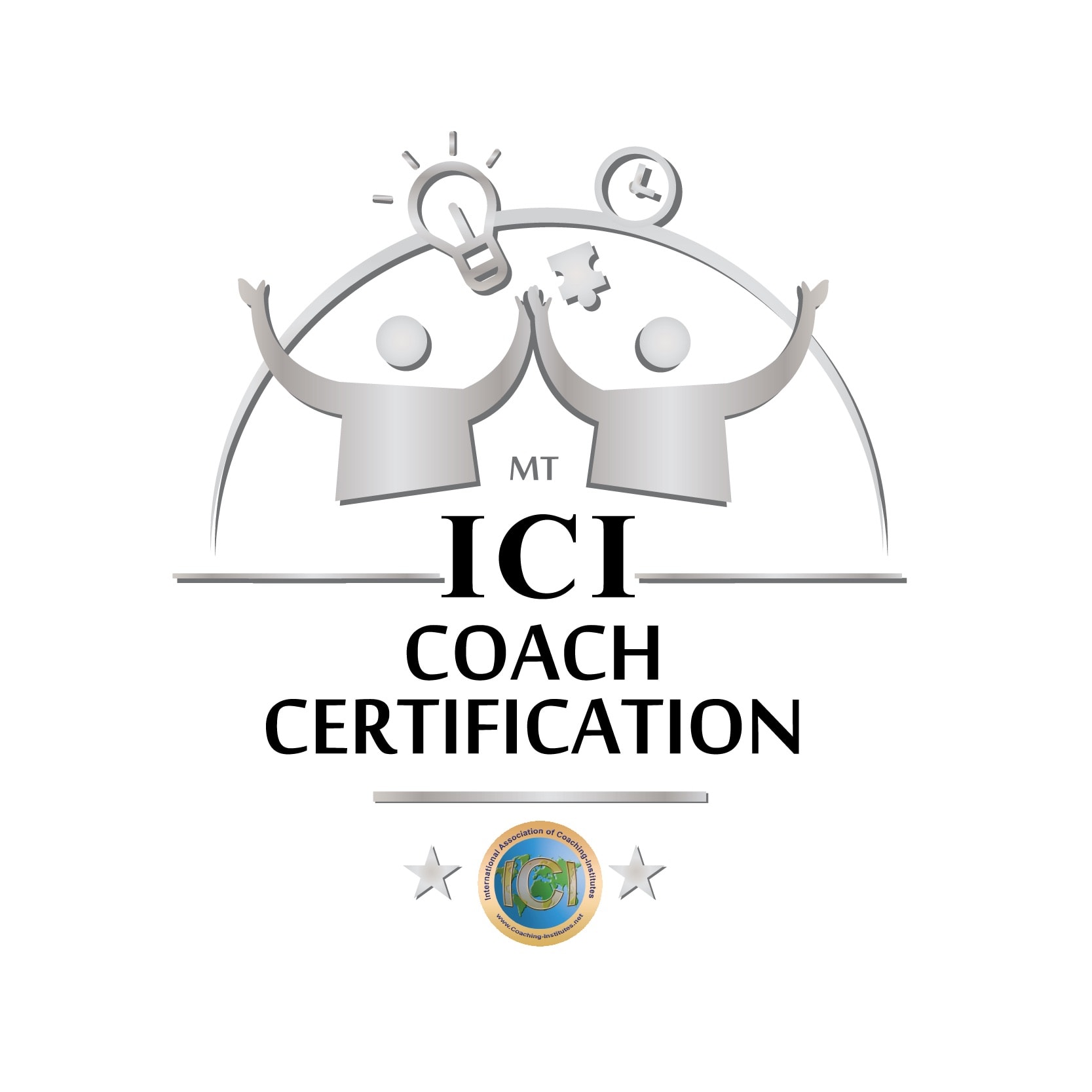 The ICI Life & Executive Coach Certification is a 9-month to 1-year journey, covering a comprehensive three-prong development:
The ICI Life & Executive Coach Certification is a 9-month to 1-year journey, covering a comprehensive three-prong development:
- Multi-Intelligence NLP Coaching tools and skills
- Hands-on practicum to develop your coaching finesse & self-mastery
- Mastering the coaching scenarios that cover 80% of people management issues in organisations
Competence and confidence take due practice. Reach out to us today to plan the schedule for your professional coaching journey.
[inf_infusionsoft_inline optin_id=”optin_2″]


